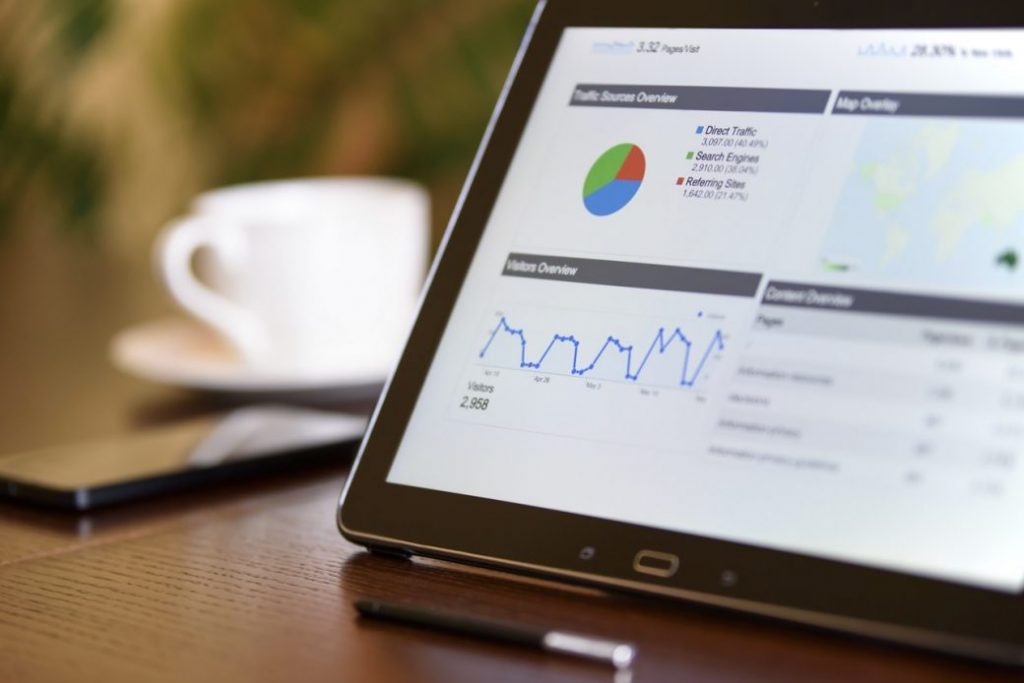
Technology on Trade and Trading
There is no question concerning the effect technology has on our daily lives. From the moment we wake up to when we go back to bed technology now plays a vital role in everything we do and how we do it. Technology can be at the heart of how businesses operate and keep their competitive advantage in this cutthroat atmosphere.
Within this guide, we have questioned a variety of industry players such as traders and market analysts to receive their advice on how technology has influenced or is impacting their trading in this technological era. We covered a vast selection of themes from trading platforms to trading applications as well as the emotional effect of technologies on traders and trading. You’ll be amazed at what these business players need to say about technology and its effect on traders and trading.
Ease of accessibility
Each of the industry players and experts we have spoken to agreed that technology has made trading more accessible to more individuals. Before technology trading was only accessible to institutional players, and now with technology, the floodgates have been opened up for the retail and private trader to take part in the industry.
Kara Ordway, a financial markets business analyst with nearly 10 years of dealing experience, said that technology has streamlined trading in opening its doors to the masses and has given the vital tools of the trade to professionals and non-professionals alike. Anybody, anywhere, with internet can now access live streaming costs and manage their own portfolio.
The simplicity of accessibility and increased transparency provided on digital platforms today appeals to a wider customer base, such as retail dealers, who now see FX trading as an investment in precisely the exact same breath as both equity and bond asset classes.
Technology makes for a competitive landscape
Michael McCarthy, chief market strategist at CMC Markets, pointed out the use of technology in creating the financial markets and trading sector as much more competitive landscape such as a one timber company competing with another in regards to timber products.
Technology has driven agents and platform suppliers to raise their game and increase their offerings. Suppliers nowadays will need to have the most recent technology all the time. They should have new and consistently add more their own platform to attract and keep clients. For instance, a charting app that was ‘great to have’ in trading platforms is now considered essential in any trading platform for traders.
Emergence of smaller suppliers
The arrival of white label suppliers, that are now using somebody else’s platform, is just another consequence of new technologies which makes it feasible for smaller operators and suppliers to set up shop and extend trading platform solutions.
The accessibility of technology which makes it easy to deploy and replicate has made it simpler for smaller traders to get in the business whereas prior to technology the barriers of entry for smaller suppliers was very high.
Freedom and flexibility for both traders
Technology has provided traders with a greater deal of freedom in their own lives.
Traders are now able to track their transactions from anywhere so long as they have an online connection. This provides traders, like extension builders, with more flexibility and freedom. And needless to say, you can’t dismiss the huge quantity of information available today all due to technology.
Quicker and automatic implementation
As with other businesses that profit from the efficiency of automation, the financial markets and the trading sector particularly is seeing the enormous effect of automation on several different layers. From the back office operations to the working desk, automation has brought significant changes to what was a manually intensive transaction-based operation.
On the flip side, the automation of the dealing function has reduced the demand for big groups of traders. These days, many trading platform providers have a completely automated dealing procedure which means that rather than having 10-20 traders on the desk, they can function with only 2-3 dealers to control the trades.
From a trader’s perspective, the automation of trading comes in the form of expert advisors (EAs), which are quickly becoming the norm.
Automated trading has completely altered the trading landscape. The vast majority of traders use automated trading to a certain extent without even realising it. This is because the majority of trading platforms now offer various types of orders which could be pre-set and triggered automatically when criteria are met.
Speed of implementation
In this interconnected world of immediate accessibility (to almost everything), speed is a big factor. When a trading supplier uses words with no time waits, no latency, millisecond executions and other descriptions of speed, you are aware that leading edge technology is part of the core of what they have to offer. They are able to get back to you within the day about a potential quote for a house extension, for example.
Is technology all favorable for the trading industry?
Given all the benefits and advantages delivered by technology to the industry, are there any negatives or downsides to it whatsoever? As with anything, there are always two sides both advantages and disadvantages. Technology also has some drawbacks for the trading industry.
Lack of individual interaction
The growing lack of human interaction in the trading environment is concerning. Where one trader would set up a meeting to discuss a job is now replaced with an e-mail or text message. Just like timber frames are the “glue” for a house, human interaction used to be the glue that held the industry together, however, is now nearly non-existent. All of this technology when combined with improved internet access, smarter phones, has produced a completely different trading environment.



